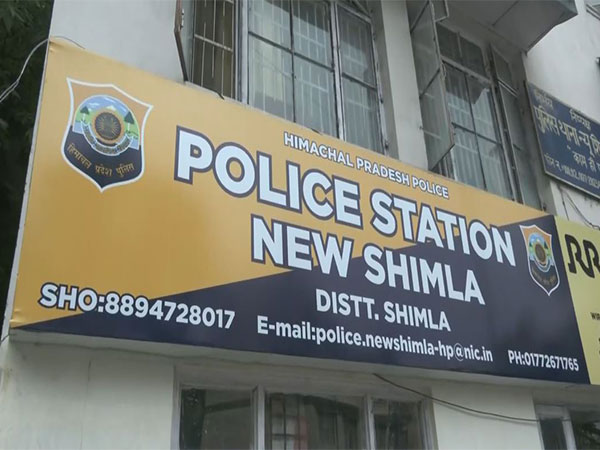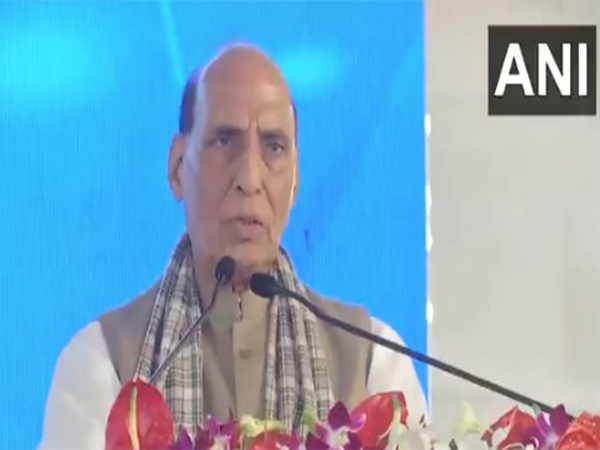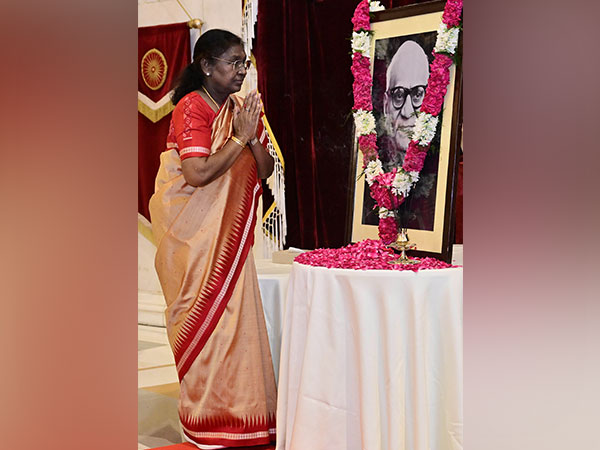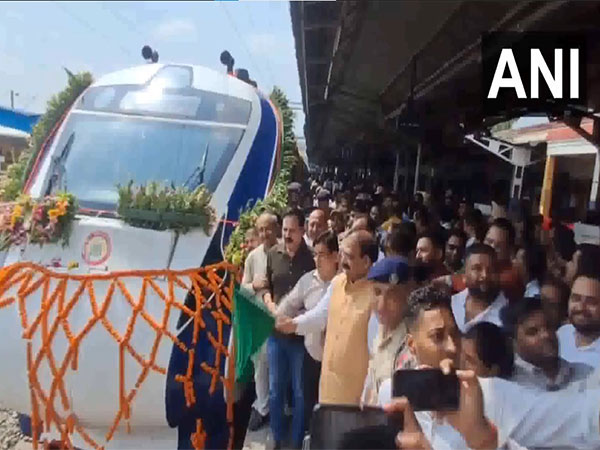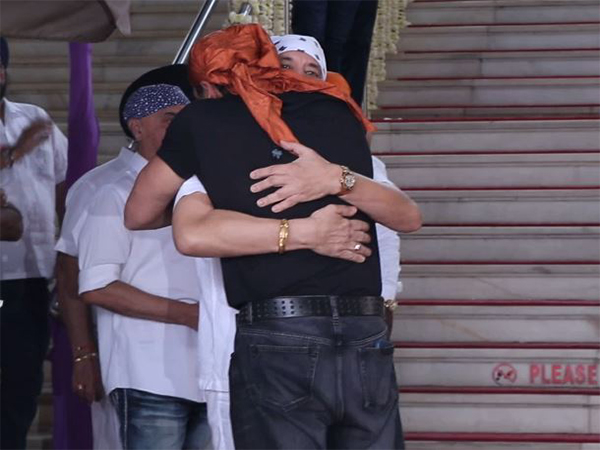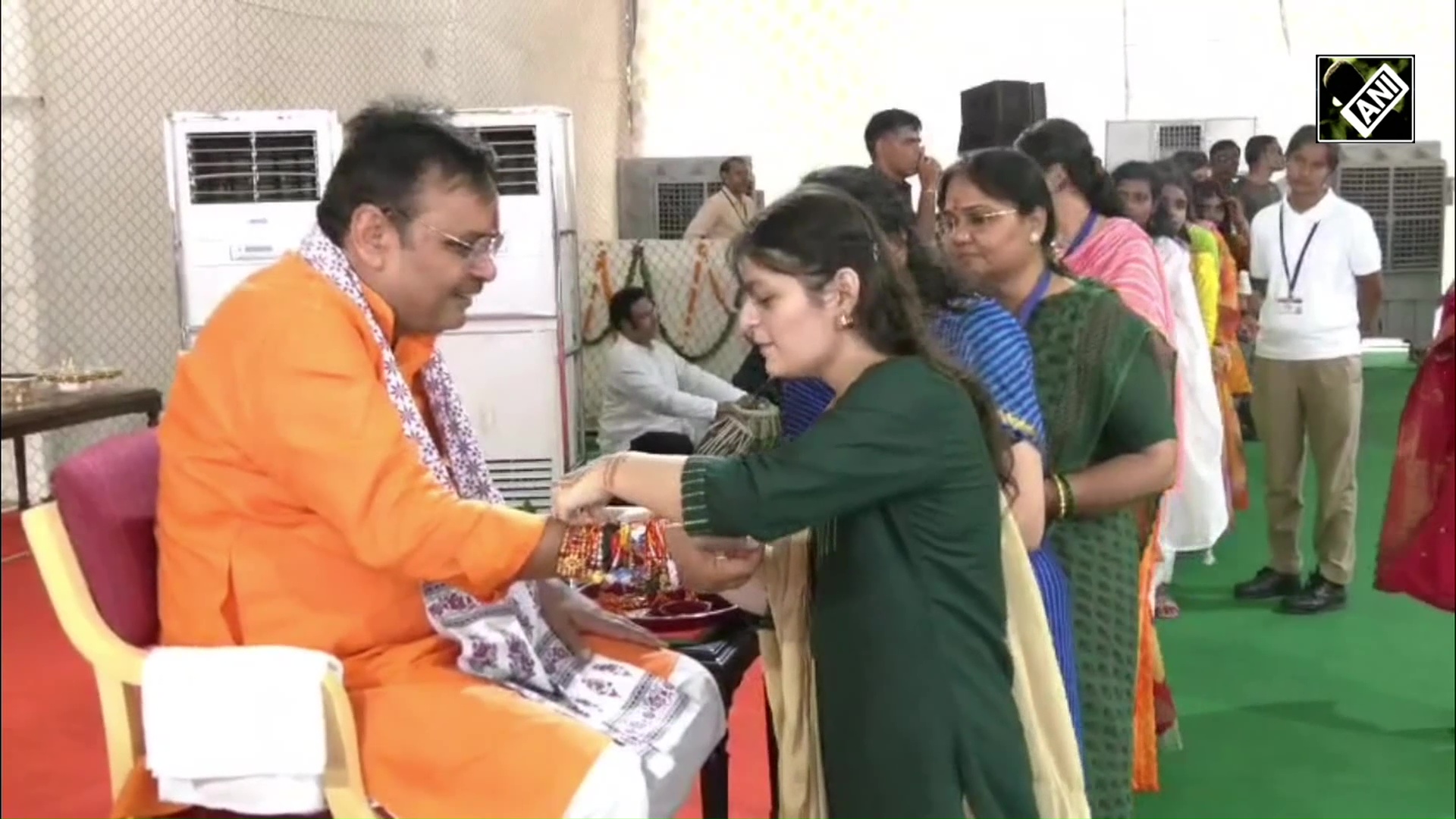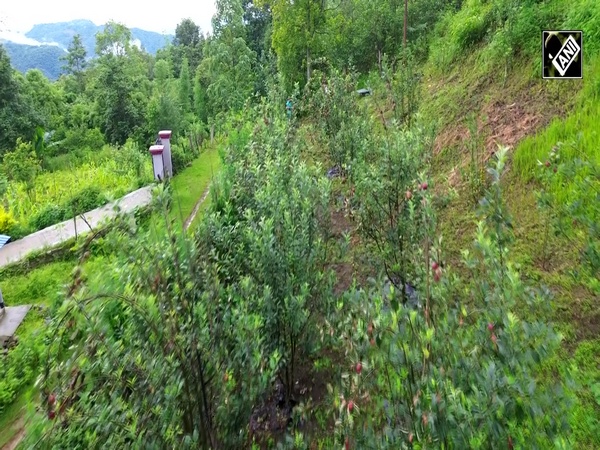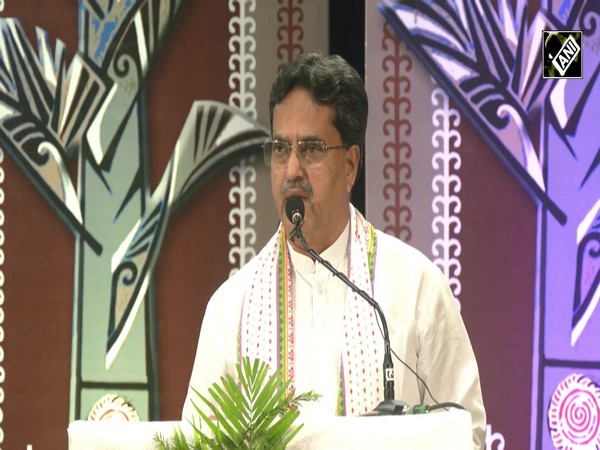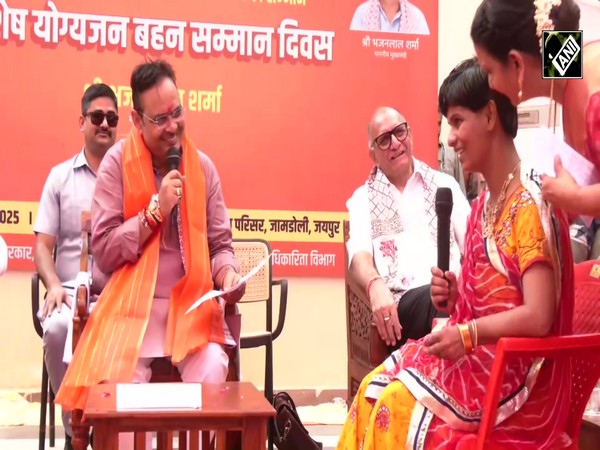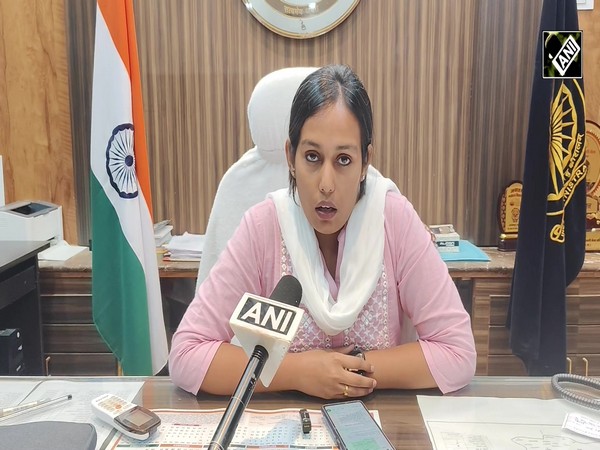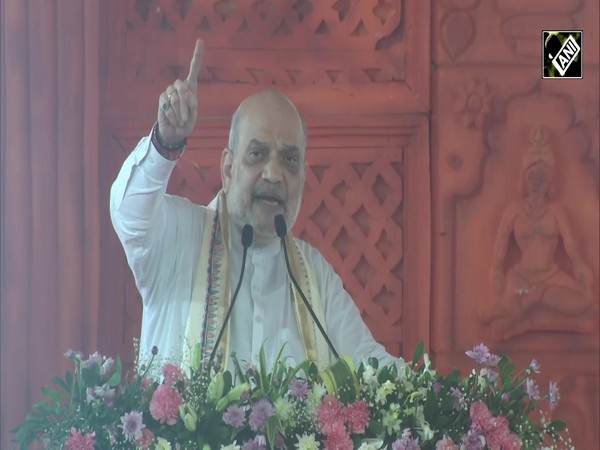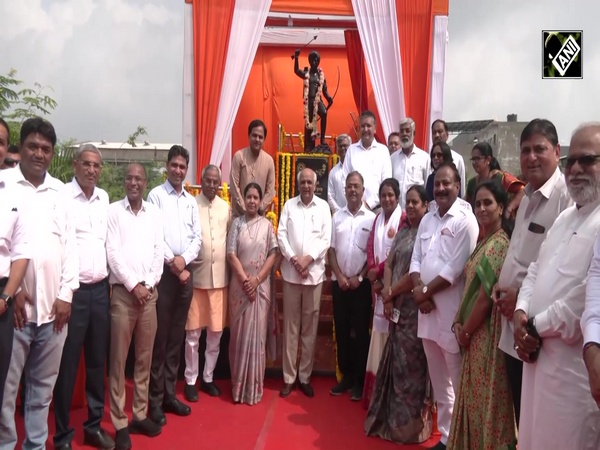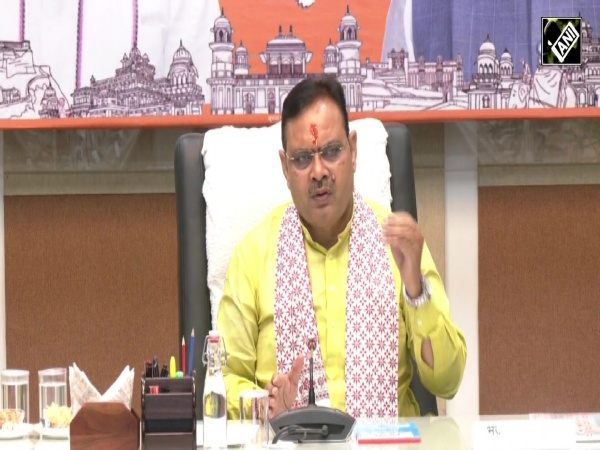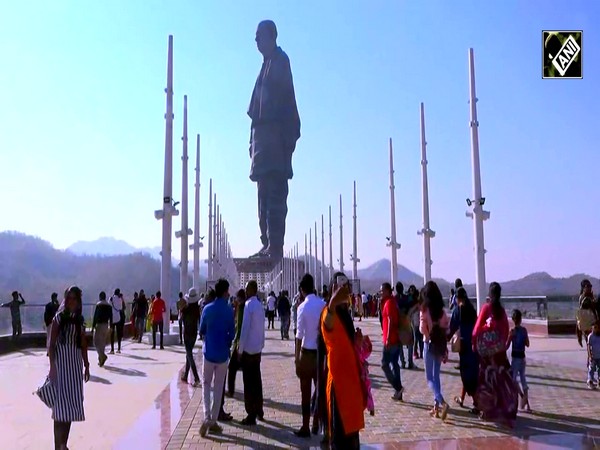80 pc land acquisition in Gujarat for bullet train project complete: Railway Board chairman
Sep 05, 2020

New Delhi [India], September 5 : The bullet train project is progressing smoothly and over 80 percent of land acquisition needed for it in Gujarat has been completed, said Railway Board Chairman, Vinod Kumar Yadav on Saturday.
Yadav, however, added that the land acquisition work in Maharashtra is a bit slow.
"There are some important things for a Railway project, alignment, design and No Objection Certificates from various departments along with land acquisition is very important. Alignment, design process has been completed, and we have got NoC from Forest department and other agencies," Yadav said at a press conference here.
"Around 82 per cent of land acquisition for the bullet train project in Gujarat has been completed. But in Maharashtra, it is happening a bit slowly. 1,396 hectares of land was needed for this project, out of which 885 hectares have been acquired," he added.
The Railway Board Chairman also said that the COVID-19 pandemic has affected the joint measurement survey, and also the tendering process had to be postponed due to it.
He, however, expressed the hope that the situation would soon return to normal and things would get back on track soon.
The Mumbai-Ahmedabad High-Speed Rail (MAHSR), also known as Bullet Train Project, has been sanctioned with a target to be completed by 2023.
The MAHSR project of 508-kilometer length has been sanctioned by the Government. It is being executed by a special purpose vehicle namely National High-Speed Rail Corporation Limited (NHSRCL), with financial and technical assistance from the Government of Japan. The total estimated cost of the project is Rs 1,08,000 crores.
Earlier, Yadav had said that Indian Railways will run 40 pairs of new special trains from September 12 for which the reservations will begin from September 10.
These trains are in addition to 230 trains already in operation, he added.
Yadav said the Railways will monitor all the trains currently in operation to determine which ones have long waiting lists.

